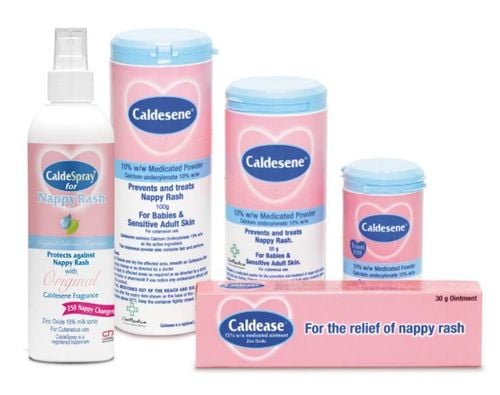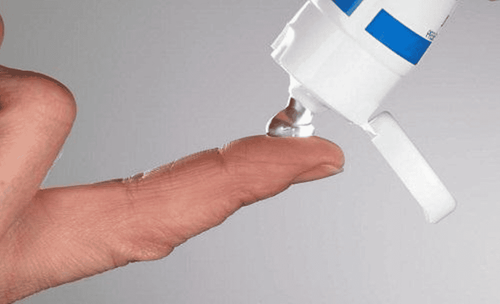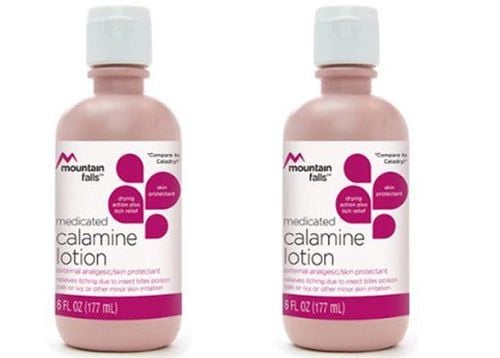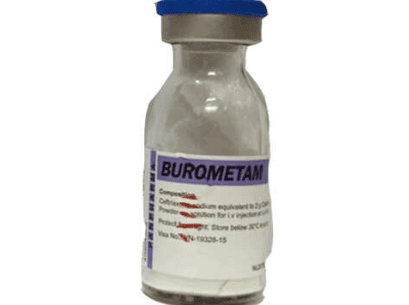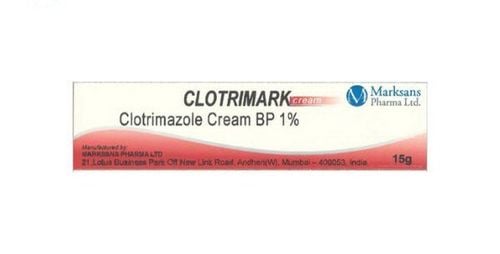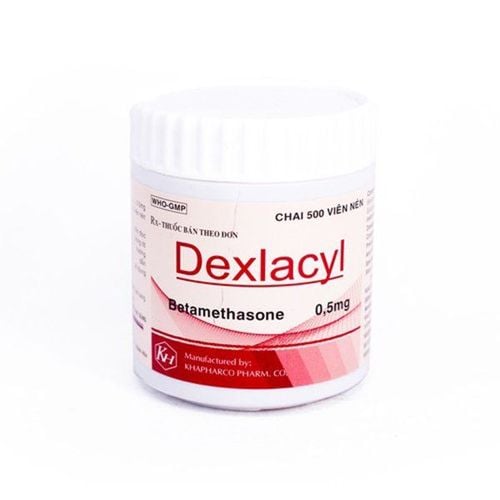This is an automatically translated article.
Triapremin is a topical drug commonly indicated in inflammatory skin diseases that respond to corticosteroids. So the mechanism of action and how to use the drug to achieve the effect, let's find out through the article below.1. What is Triapremin?
Triapremin has main ingredients including: Betamethasone, Clotrimazole, Gentamicin.
Ingredients Betamethasone:
Is an adrenal corticosteroid, a synthetic derivative of Prednisolone, has anti-inflammatory effects, high doses can cause immunosuppression. Betamethasone is easily absorbed through injection, oral as well as skin application. After use, the drug is distributed into most tissues in the body, binding to plasma proteins is mainly globulin; Crosses the placenta and is excreted in breast milk. When applied to the skin, if the area is covered with bandages, the skin is torn or the rectum is enema,... betamethasone can be absorbed enough for systemic effects. The drug is slowly metabolized mainly in the liver and is eventually eliminated in the urine. Ingredients Clotrimazole;
Is a synthetic derivative of imidazole with broad-spectrum antifungal activity, inhibiting the growth of most pathogenic fungi in humans such as dermatophytes, Malassezia furfur, yeasts, Candida species, Microsporum canis, Trichophyton rubrum, ... The drug acts through an inhibitory mechanism that changes the permeability of the cell membrane, preventing the formation of the cell wall of the fungus. After application, the drug is absorbed but not found in the serum due to low drug concentration, does not enter the systemic circulation. Ingredients Gentamicin:
Aminoglycoside antibiotic - works through the mechanism of blocking the biosynthesis of proteins of bacterial cells. The drug has a spectrum of activity against many strains of gram-positive, gram-negative bacteria, Actinomyces and Mycoplasma. The combination of all three ingredients in Triapremin increases the effectiveness of anti-inflammatory and fungicide when there are signs of superinfection on the skin.
2. Indications of Triapremin
Triapremin is indicated in the following cases
Atopic dermatitis: eczema, skin rash,... Secondary skin infections caused by inflammatory skin diseases that respond to corticosteroids. Skin fungus, tinea versicolor.
3. Contraindications of Triapremin
Do not use Triapremin in the following cases:
Allergy to Betamethasone, Clotrimazole, Gentamycin or any other ingredients of the drug. Do not apply to skin that is scratched, ulcerated, open wound, sensitive. Eczema of the outer ear with perforation of the tympanic membrane. Children and infants are not indicated for the use of Triapremin. Note when using Triapremin:
Use the drug regularly, continuously and exactly as directed on the diseased skin to achieve effective treatment. Do not apply Triapremin to the eyes, mucous membranes. Betamethasone can cross the placenta and is excreted in breast milk. Therefore, the benefits should be considered before use in pregnant and lactating women. Do not apply the drug on a large area, after applying it, do not cover it.
4. Drug Interactions of Triapremin
Clindamycin group antibiotics, Calcium and its preparations will reduce the effect of the component Gentamicin contained in the drug. When using any other topical medication on the skin, it is necessary to have a doctor's prescription and apply it at least 2 hours apart.
5. Dosage and usage
How to use:
Triapremin is formulated in the form of a skin cream. Clean and dry the treated skin area. Apply the medicine to the damaged skin as prescribed by the doctor, do not apply to the eyes and mucous membranes. Dosage:
Apply the drug to the damaged skin area twice a day in the morning and evening.
6. Side effects of Triapremin
Some unwanted effects of the drug Triapremin
Allergic reactions, erythema, itching. Urticaria, dry skin, folliculitis, hirsutism, smooth. Reduce skin pigmentation, superinfective dermatitis, skin atrophy. Decreased red blood cell color. Fish scale skin disease. In summary, Triapremin is a topical skin cream commonly indicated in inflammatory skin diseases with infectious complications, fungal infections, tinea versicolor,... The drug is used topically but can still be absorbed in the body, so avoid it. Abuse of drugs to cause unwanted effects on the body.




